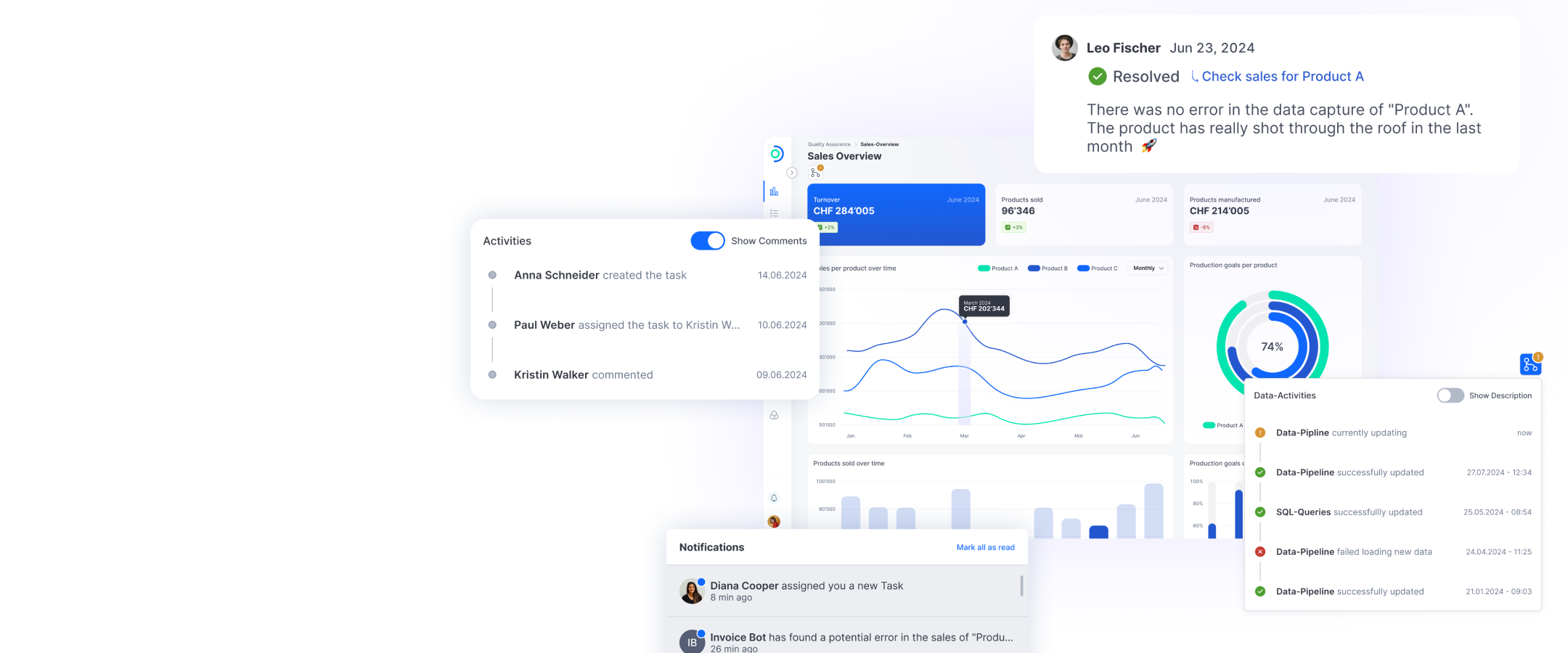Important functions performed by notary’s offices include safeguarding deeds such as declarations of intent in a correct, forgery-proof and long-term way, securely storing documents, and correctly entering them in the relevant registers. The digitalization of the notarial system is advancing worldwide,and Switzerland is making every effort not to be left behind. An overview of the current situation in Switzerland and the most important legal issues:
The technological foundations
Digitalization in the notarial sector is based on several key technologies that are integral to the transformation from analogue to digital processes: Qualified electronic signatures (QES) are essential for the authenticity of digitally created documents and allow electronic documents to be signed with legal validity. Artificial intelligence increases efficiency and accuracy in the automatic processing and analysis of documents. Platform ecosystems and chatbots support digital communication and interaction, leading to better customer relationships and more efficient processes.
Implementations and developments in Switzerland
Various Swiss cantons and parties are taking different approaches to digitalization:
The canton of St.Gallen is working on introducing electronic land register transactions and has proposed an interim solution with mixed submissions of electronic data and paper documents. This solution is designed to take advantage of the benefits of digitalization while maintaining legal security.
The canton of Valais has introduced a platform that allows land register data to be transferred directly and digitally between notaries and land registries. SIX Terravis is a platform that plays a key role in the digitalization of the land register system in Switzerland. It enables electronic access to land register data, which speeds up and simplifies the processing of property transactions. The system supports notaries, authorities, mortgage banks, and other parties involved with efficient digital services that make transactions secure and transparent.
Global perspectives and role models
Countries such as France and Austria have already fully digitalized their notarial systems and offer valuable insights into the implementation and benefits of such measures. These countries use advanced AI applications and electronic document management systems to make notarialvservices more efficient and secure.
Future developments and challenges
Despite the clear benefits of digitalization, there are still challenges: Full digitalization requires not only the implementation of secure technologies, but also compliance with strict data protection laws and the adaptation of existing regulatory frameworks.
Vision for the digital notary’s office
“We will digitalize business transactions in the notarial sector by 2027, allowing us to work with our business partners securely and without media disruptions.” This is the vision of the Swiss Association of Notaries in May 2023. The future of the notarial profession involves a comprehensive digital environment in which all processes and transactions are handled digitally. The focus here is on land register transactions, commercial register transactions, property and inheritance law transactions, and other notarial services.
The bottom line: Digitalization in the notarial profession offers many advantages such as greater efficiency, improved legal certainty, and easier accessibility. Despite existing challenges, progress in Switzerland and other countries is promising. The continuous development and adaptation of technologies and legal frameworks will be crucial in order to fully exploit the full range of benefits of digitalization in the notarial profession.
Fazit
Die Digitalisierung im Notariatswesen bietet viele Vorteile wie eine höhere Effizienz, verbesserte Rechtssicherheit und einfachere Zugänglichkeit. Trotz bestehender Herausforderungen sind die Fortschritte in der Schweiz und anderen Ländern vielversprechend. Die kontinuierliche Entwicklung und Anpassung der Technologien und rechtlichen Rahmenbedingungen wird entscheidend sein, um die volle Bandbreite der Vorteile der Digitalisierung im Notariatswesen voll ausschöpfen zu können.



